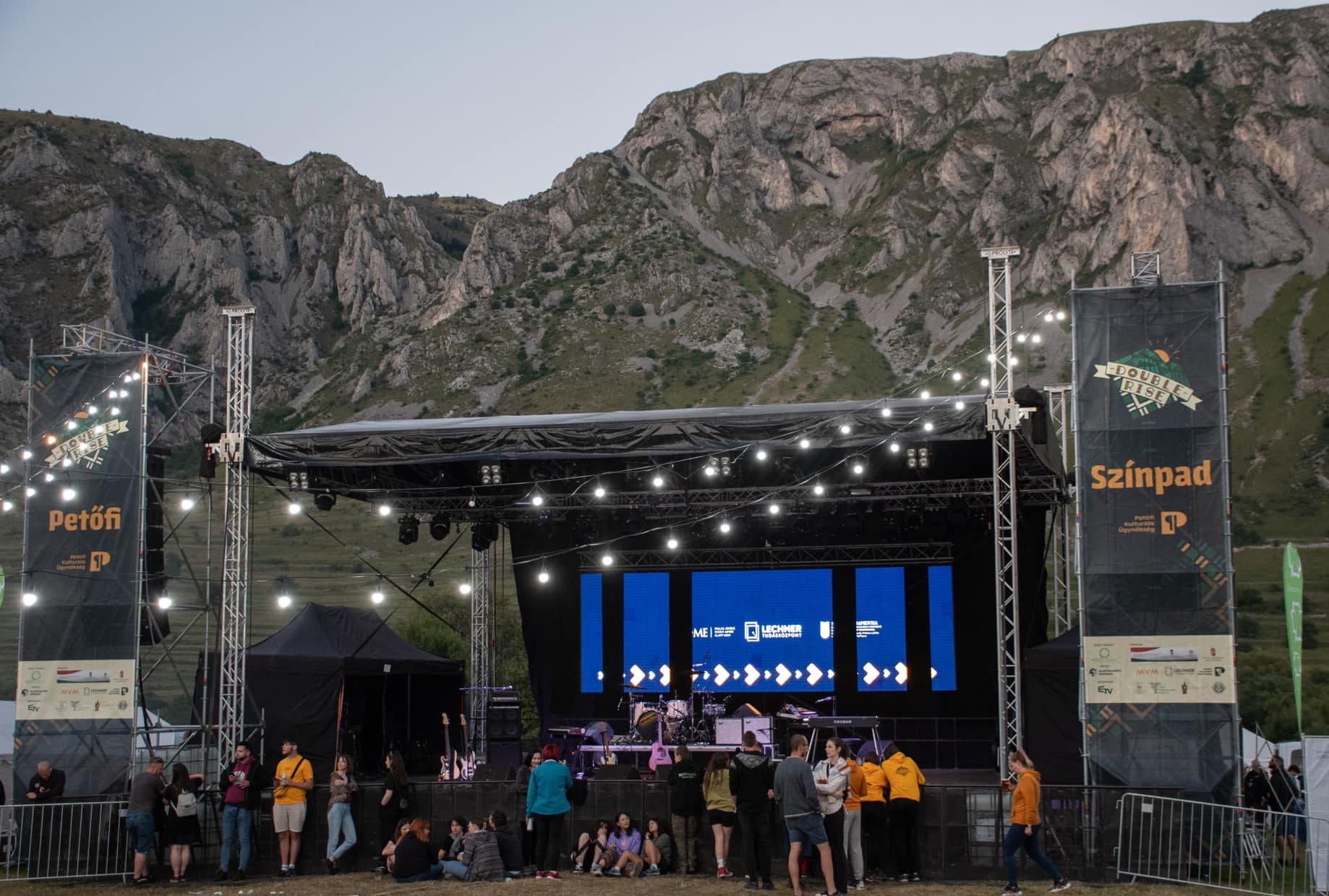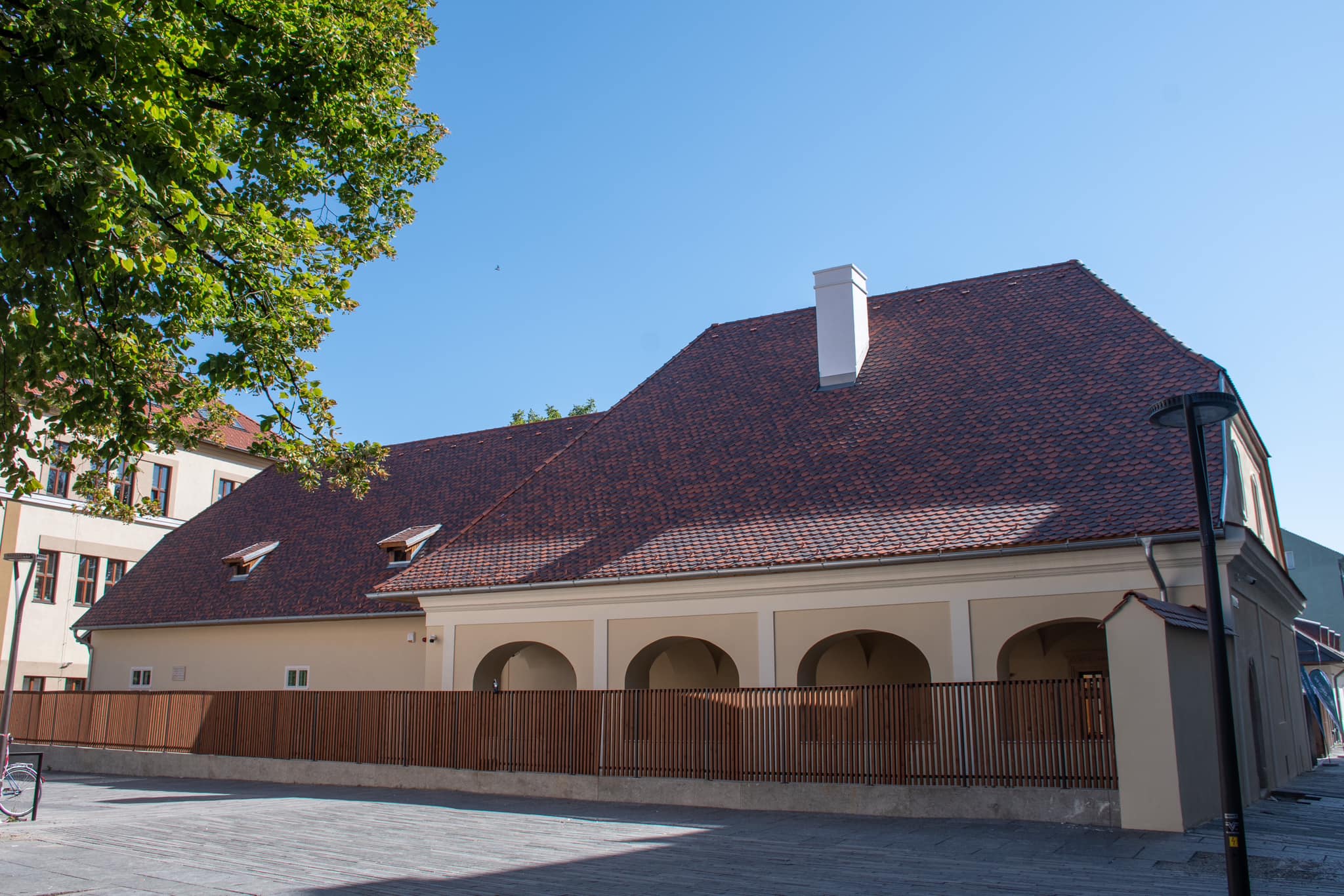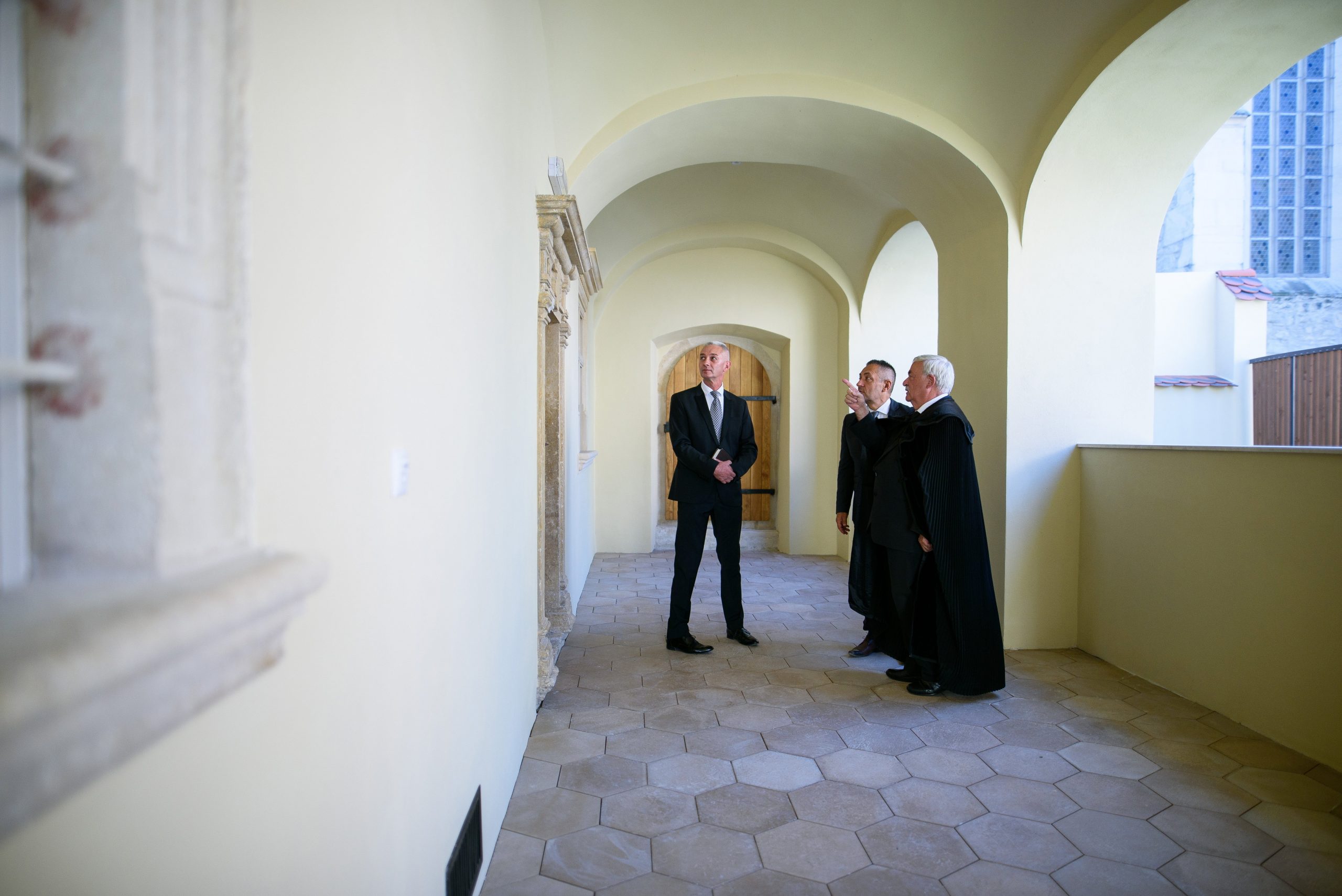The Hungarian community remains strong in the heart and soul and unshakable in its national identity.Continue reading
There is no national policy without young people, which is why it is important to support events and festivals for young people, said the Secretary of State for National Policy of the Prime Minister’s Office in Torockó (Rimetea), Transylvania, Romania. On Saturday evening, Árpád János Potápi visited the Double Rise festival in the settlement in Alba County, whose sponsor is the State Secretariat for National Policy, among others.
Speaking to the Hungarian public media, Árpád János Potápi said that he considers it important to support the event because it is of interest to many young people in Transylvania and it is good to see that many people from almost all regions of Hungary and beyond the border come here to have fun. He pointed out that the Torockó event is also important because, although Torockó and Torockószentgyörgy are Hungarian-majority settlements, the Alba County and nearby Cluj County are scattered.
We are strengthening the Hungarian minority through these events,”
he stressed.

The distinct location of Torckó (Rimetea) at the bottom of Piatra Secuiului (Hungarian: Székelykő, “Rock of the Szeklers”) gives it a unique characteristic, since in the village the sun appears to “rise twice” – once above the horizon, before disappearing behind the mountain, and emerging again. Photo: Facebook/Árpád János Potápi
The State Secretary recalled that there are two or three events in Torockó every year, attracting Hungarian people, especially the youth, from hundreds of kilometers away. “There is no national policy without young people, and it is important to provide them with a cultural venue for entertainment,” he pointed out. Árpád János Potápi said it was therefore gratifying that the festival was held for the eighth time and that an increasing number of people were returning after Covid-19. He added that
the family nature of the all-arts festival is also growing, with many of those who attended the first editions now returning with their children, which is also a good trend.
It is also very important to preserve and strengthen Hungarian culture, thus there is a place for Hungarian folk music and folk dance at the festival, the State Secretary highlighted.
During the weekend, Árpád János Potápi also visited Kolozsvár (Cluj-Napoca), where he attended the inauguration of the Herepei House, a parish church next to the Reformed Church on Farkas Street, renovated with the support of the Hungarian government. The 14th Hungarian Days in the city started with a church service on the weekend.

The renovated parish in Kolozsvár. Photo: Facebook/Árpád János Potápi
Árpád János Potápi emphasized that
without Kolozsvár, there is no Hungarian history, no Hungarian nation, and the development of the city is also thanks to the people living here and the unity of Hungarians.
“If we achieve solidarity and unity, we are capable of miracles,” underlined the State Secretary, referring to the exemplary renovation of the medieval building. He said that anyone who had not been to the city since the 1980s and 1990s would be surprised to see the progress, but that it was “not a matter of course”. “This development also required us Hungarians to unite, to strengthen the sense and experience of national belonging in each other,” he underlined.
He stressed that
the investments made throughout the Carpathian Basin in the past 12-13 years prove that unity creates miracles, and in this work the historic churches have been outstanding partners of the Hungarian government.
“Without the work and help of the Hungarian historic churches, we would not have been able to preserve our Hungarian identity and faith,” he stressed.

L-R: Péter Nagy, Senior Pastor of the downtown congregation, Árpád János Potápi, Secretary of State for National Policy of the Prime Minister’s Office and Bishop Béla Kató of Transylvania at the inauguration of the Herepei House. Photo: MTI/Kiss Gábor
The name of Kolozsvár is inseparable from the Hungarian historical figures and the Hungarian people. “This is not to say that Kolozsvár belongs only to Hungarians. In the past centuries, decades and even today, Kolozsvár has always belonged to the people who lived and live in this city and contributed to its development with their work, diligence and talent,” the State Secretary said.
He recalled the words of the theologian Sándor Tavaszy, written in 1942, who said that the Hungarians of Transylvania and the Carpathian Basin need to be renewed. He added that even then the people of Kolozsvár did not despair, they knew that there was a way to rise if they persevered in their homeland. The results of the recent Romanian census should not discourage them either, they should strengthen the community that remained at home and create the conditions for the return of those who left. The Hungarian government is also working on this, the State Secretary stressed.
Via MTI, Featured photo via Facebook/Double Rise Festival